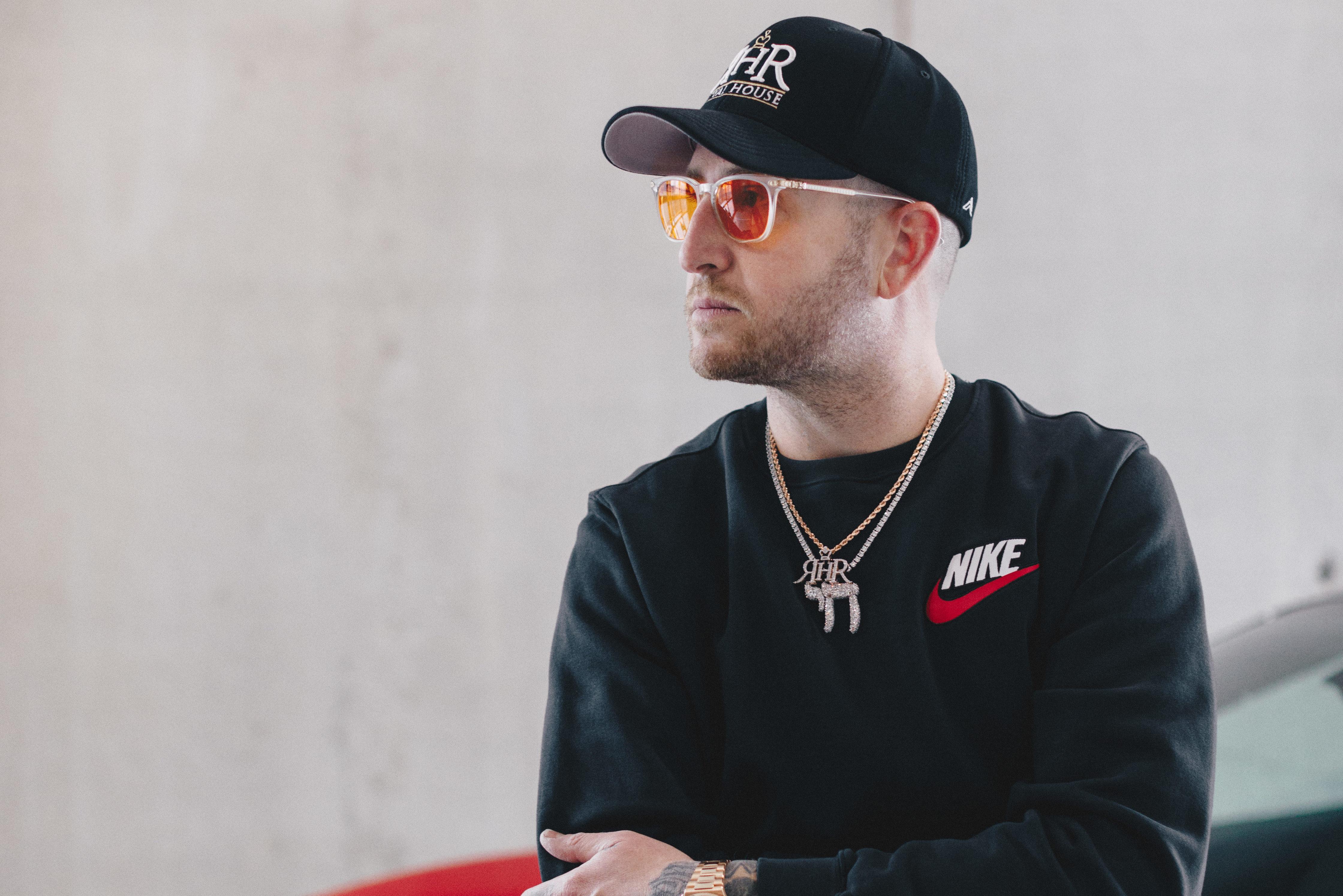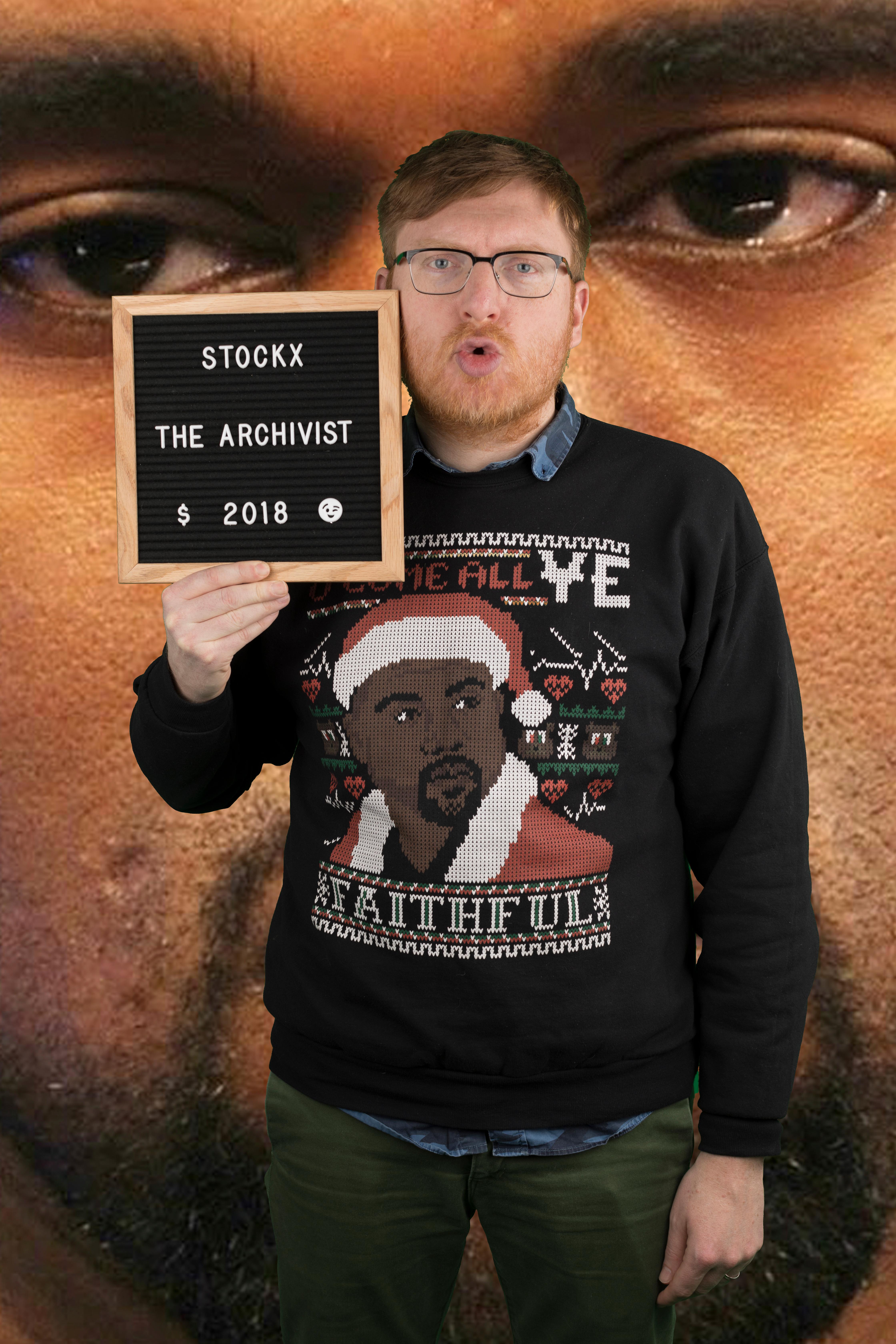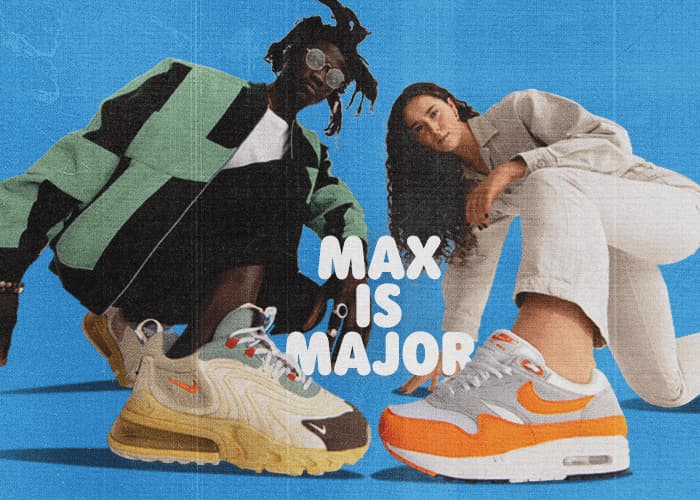World-class studios are rare in global epicenters of music and culture; world-class studios are an even more precious commodity the farther you travel from these epicenters. Royal House Recording is the exception that proves the rule: one of the world’s premier studios located less than 20 miles from downtown Detroit. According to founder and Royal House mastermind, Roger Goodman, this was always the plan.
In less than four years, Royal House has gone from a blueprint, a fully operational studio, to a sought-after recording studio by the biggest and brightest in the game. When asked how Royal House achieved this level of success and acclaim, Roger Goodman speaks about his commitment to honoring the legacy of Detroit recording and applying his decade-plus career in the LA music industry to open up a studio that represents a “level-up” in metro Detroit. Whether promoting or working with homegrown talent, to being the recording destination of superstars, Royal House Recording is a level-up, in Detroit or anywhere else.
Check out our exclusive interview below to learn more about Roger Goodman and what makes Royal House so (ahem) royal.
The following interview has been lightly edited for length and clarity.
StockX: To get things started, Roger, what’s your first memory of music?
Roger Goodman: My first memory of music is probably from being in the car with my parents. They were always listening to either the oldies or classic rock channels at the time. They were always listening to artists like Marvin Gaye, and The Doors, etc.
When my Dad was in high school, he played in a band with some of his friends. He played guitar and would play songs by The Rolling Stones and teach my brother and me some basic chords. My brother played the drums growing up, and we both took piano lessons for a few years. There was always music in our house.
Do you have a favorite album or musician from growing up?
By the time I was in middle school and had developed my musical taste, I got really into rap music. My first rap tape was NWA’s “Straight Outta Compton.” I had to have a friend’s older brother go to Harmony House, a local music chain at the time, and buy the tapes I wanted because they all had the “Explicit Lyrics” sticker on them. Besides NWA, I liked Above the Law, Black Sheep, Digital Underground, DJ Quick, Tupac, Biggie, Eazy-E, and Dr. Dre. I still have all of my old tapes at my parents’ house.
Okay, so walk me through your journey from a music fan to working in the music industry.
I think it probably started in the ninth grade when I went out of state for high school. I had a friend that was also from Detroit come the next year, and he was really into mixing on turntables. We had a computer, some Technics 1200’s, and like an eight or 16-track recorder that we would mess around with. After high school, I was thinking about coming back to Detroit to work in the family business. At the same time, I had a friend that was struggling with a drug addiction reach out to me for help. He moved in with me so I could help him get his life back on track. One day he’s like, “I want to rap, like, I want to record.” And I said, “all right.” So we went to Guitar Center to find out what it would take to do this; I didn’t know anything about it. We left Guitar Center with lighter pockets and a bunch of shit. I get back to my place, and I realize I had no idea how to set any of the stuff up. I didn’t know how to record or use any of the software. After some time, I got really into it and decided I wanted to turn this new passion into a career. I ended up attending the Los Angeles Recording School (LARS) and earned a master’s certification in Pro Tools. After that, I went on to intern and work at some of the major recording studios in Los Angeles.

How have you been able to build your clientele?
It’s all been through relationships. I’m 37, and when I started going to school in LA, I was in my early twenties. I still have some connections with some people that I went to school with that are now either in management or on the technical side, either engineering or mixing. I met tons of people in Los Angeles over the years and had a studio in my home there where I would offer recording and mixing services, as well as recording for voiceovers, and even film scoring. I had the place for about eight years until I moved back to Detroit.

It just takes a long time to build up a professional network. There’s an inner circle of this business that’s hard to get into if you don’t put the time and attention to building your craft and your relationships. I was focused and worked hard at developing my business and my contacts. So now, they’ll reach out: “Hey, I’m managing so and so. He’s going to be in Detroit. He’s on the road. I’m going to make it so that he can stop off two days early and come to you guys, and he can book the studio for three days.” Then the artist comes by the studio, he tells a friend about the studio, and so on because the best way for the word to get out is by word of mouth.
Ok, that makes sense in LA, but what about moving your business back to Detroit?
It’s definitely a niche business. I felt like it was more important to move back to Detroit and bring this type of top-notch studio to the area to create a place to service the enormous amount of talent Detroit has to offer because this caliber of recording studio didn’t exist here. At least I couldn’t find it when I would come home to visit family. I would want to work with local artists, and there was nowhere I could find to record.
The bigger question, then, is why did you move back?
I wanted to create something lasting, and create a legacy for myself, my employees, and the artists and producers and engineers that we’re able to work with from Detroit and elsewhere. When I was thinking of building the studio, I knew it would be risky, but it was something I believed in so much that I had to see it through. It was important to me to be a part of Detroit’s rebirth and play my role.
How did you end up in Royal Oak?
I spent about three months with a realtor looking at properties throughout all of Detroit. I wanted to be in Detroit proper, but every property I saw was either right behind a residential neighborhood, near train tracks, or the property was in such bad shape that it would be too costly to build out. I went all over Detroit looking to the point that my realtor told me that he was going to spend more money on gas than he would earn on his commission.
So we started looking outside Detroit proper, and we ended up in Royal Oak. It was absolutely a great choice. The studio consists of two buildings on a 13,000 square foot lot. The main studio building is about 6,000 square feet, and the second building is approximately 2,000 square feet. It made it so I could have the smaller building for a possible future expansion. The street is very quiet, and I live only about a mile and a half from the studio.

You previously mentioned that recording studios of this caliber didn’t exist anymore in Detroit. Would you expand on that some more?
A studio of Royal House’s caliber did not exist here. Before I moved back to Detroit, I was able to book time in a studio that Eminem worked at early in his career, because I knew the owner, Joel Martin. But that’s a private studio, and I only had access because of my relationship. I really wanted there to be a high-quality studio in Detroit for artists, producers, and engineers to be able to use without needing to travel for this type of facility.

How were you able to convince artists and record labels that this incredible studio existed in metro Detroit?
The first year was very slow. I spent the first few months, mostly using the space myself while also reaching out to artists, but it took some time. There isn’t a local platform that one can say, “Hey, I have this new music studio.” Even finding people through Instagram and social media took time. I would reach out to people, “Hey, my name’s Roger. I built this recording studio. Are you interested in coming to see it?” I think you just have to be part of the local culture and know what’s going on.
So it was a slow-going process to answer your question. By the second year, we had some more people booking time and more touring artists coming through, and we continued to build more relationships. It just had to grow organically, like anything else. We’re now in year 4, and in the last two years, we’ve been booked over 320 days each year.
Who were some of the Detroit artists you initially started working with when you moved back to the area?
The first artists to show me and the studio love were Boldy James, Icewear Vezzo, Team Eastside Peezy, and Dej Loaf. However, it wasn’t just about recording or having them in the studio. For some, I would work with them on more than just recording and even help out with their visuals and music videos.
Boldy James was just like, “You’re a cool dude, Roger. Let’s work on some songs.” We immediately started collaborating, and we put out a song that was a single from one of his mixtapes, that started getting played on Shade 45 [Eminem’s Sirius XM radio station] a bunch. Boldy shouted me out on the radio during a Rude Jude interview, he spoke about the production and working together. This was even before this studio opened. So Boldy forever, that’s my guy.
Let’s talk about sneakers. You’ve got a pretty extensive sneaker collection, right?
You want me to talk about that stuff? My wife is sick about it. I usually have to hide the stuff I buy. I sneak things into my house. My wife makes fun of me for the clothes and sneakers I buy [laughs].
Ok, but what was the first pair of sneakers that blew you away?
The Jordan Laney 5’s. I remember I rocked the shit out of those. This was when I was in elementary school, but I was always wearing Jordans or Vans when I was a kid. Jordans were always the best, though.
Now that you’re all grown up, do you have an all-time favorite pair?
The Jordan 3 “Black Cement” is the all-time best sneaker ever made. The colorway, the fit, the comfort, the look from all angles, it’s the best shoe. I have a pair from every time it dropped. I have the first ones that were yellow on the bottom, and now they’re entirely yellow, and the sole is coming apart. I just never got rid of any of them. I have a ton of them in black. I’d take them over anything.
What are you collecting now?
Yeezys. I have all the Yeezys. Every kind, even if I don’t wear them. I can’t wear the 500’s because I look like a Martian, but I got them. I’m also a big collector of all of the Jordan 1 Highs; I love all the colorways. I also love jewelry and watches.

Have you ever iced-out any of your watches?
I did one time, and then I hated the watch. I felt terrible after I did because that watch and I had a personal relationship. I felt like I killed it. But then I had a client cash me out for it. I mean, I had every client in here asking me about that watch when I was wearing it. Finally, I was like, “Hey, honestly, if you want it, it’s yours.” It was an all rose gold chronograph Audemars Royal Oak, all busted down, with a busted down face as well.
Back to the studio: How does Royal House Recording represent Detroit?
My main goal when building this studio was to have a place for Detroit artists to come and record, and for producers to have a high-quality studio, or a hub, to make records. There’s software out there that allows producers with really keen ears to make great music, but as far as the mixing and mastering component, and the major label booking component, you need to have all of the best analog gear. When you’re tracking vocals, crafting instrumentals, or anything else, you just don’t get the same dynamic sound from software as you do from boutique, custom, and vintage analog gear. In addition to the sound quality, it is also essential to show that Detroit has everything you’d find in an LA studio. We’re here to help curate Detroit music. We half our rates for all Detroit artists, and I also do pro bono work for Detroit talent that I believe in to help them put together a professional portfolio. We’re here to help Detroit artists grow their careers and make connections throughout the industry; it’s about creating legacies.
Wrapping things up, what does success look like for you?
I’m never going to be satisfied. I’m just not; it’s crazy. It makes me insane. You can’t gauge success by money. The studio is profitable now, and that’s a success in itself because it was such a risky venture, so I do feel great about that, but there are many more goals.
Anything else people should know about the studio?
The main thing is the mission statement: we’re here to try to revive the Motown legacy. I’m just trying to do as much as I can for Detroit artists.






